
eCommerce
Finding the Perfect Niche for Your Clothing Business?
Embarking on a clothing business adventure is thrilling, yet selecting the ideal niche is the real key to unlocking its...
How to Use AI in Your Retail Clothing Business?
Business Kick-Starter Guides
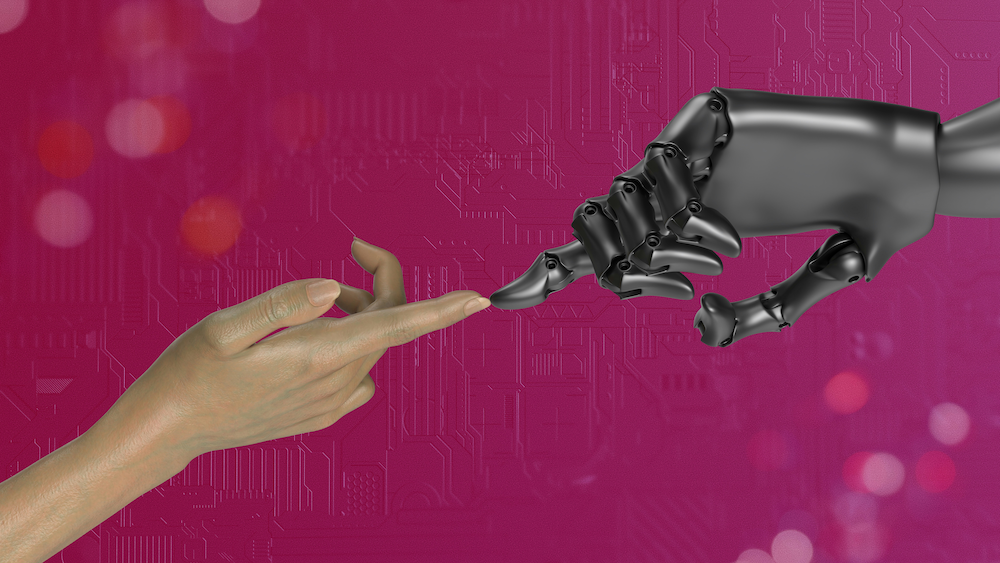
AI in the retail business offers a splendid chance to make tasks easier, connect with customers personally, and improve workflow.
Briefly, AI helps clothing stores to offer a more efficient, personalized, and enjoyable customer experience.
For example, when people shop online, they usually want items that match their style, size, and budget.
In the past, finding the right product for each customer could be slow, but AI speeds up this process by looking at data like past purchases and browsing history to make better suggestions.
For a clothing business that wants to succeed today, AI can give it an advantage over competitors, making it a very useful tool in the retail world.
So, let’s explore how AI can enhance operations, improve customer experience, and drive growth in the retail clothing industry.
Artificial intelligence (AI) can make shopping trips easier, quicker, and more tailored to each person.
Using AI might mean analyzing things like buying habits, browsing behavior, or customer reviews to adjust what’s offered and predict what will be popular.
By focusing on key areas first, your store can improve how it interacts with your customers and how they run their business without making big changes to their current systems.
Here are three good ways to use AI in your clothing store to make the shopping experience better:
AI can look at what customers look at, what they buy, and what they like, so it can give them special product suggestions.
For example, if someone likes casual clothes, AI can show them more casual clothes or things that go with them, like shoes and accessories.
By making these suggestions just for them, you can help shoppers find things they’ll like, making their shopping experience more fun and just right for their style.
Here is an example of how Ralph Lauren implemented personalization in their store:

Using AI in inventory management helps you predict what customers will want to buy by looking at their past purchases and trends.
By correctly guessing which products will be popular, AI ensures you have the right amount of stock, avoiding less stock or overstock.
For example, if the data shows that people will soon want fall jackets, the system can recommend changing the stock levels to be ready for that season.
This method, based on data, keeps your inventory matching with what customers want, increasing sales and making customers happy.
Using AI chatbots gives customers quick help by answering questions they often ask, like how to return something, track an order, or find the right size.
These chatbots are always available, so they can make customers happier by answering fast and letting your team handle the harder questions.
Also, since AI gets better at answering questions over time, your customer service can get better over time as well.
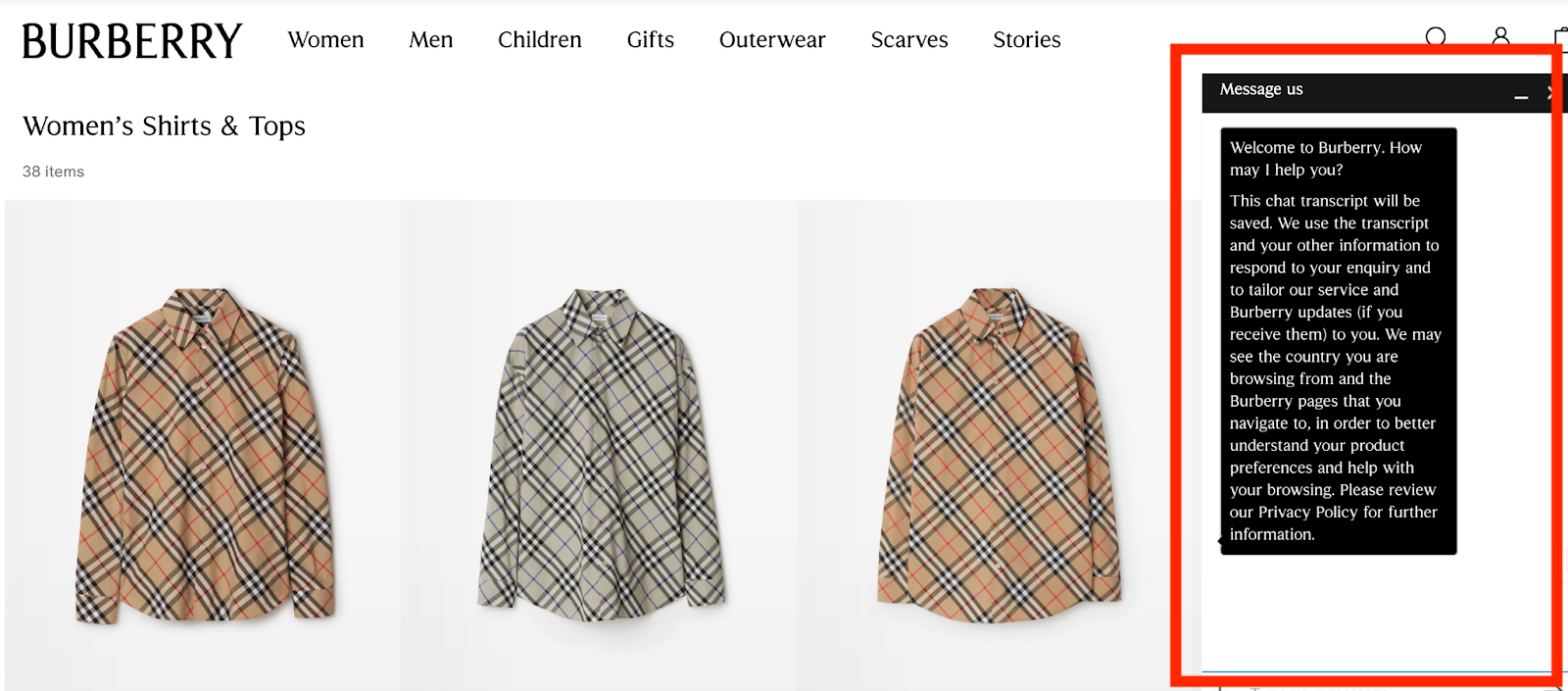
With AI, stores can use tools that not only help increase sales but also allow them to make smarter decisions based on data.
AI systems can quickly analyze a lot of information, find out what customers like, notice trends, and make marketing messages that connect with certain groups of people.
This makes shopping more interesting and feels more personal, giving clothing stores a big advantage in a tough market.
By using AI, retail clothing businesses can improve how they find customers, set prices, and predict trends, leading to more customer interest and loyalty.
Here are five important ways AI can help clothing stores increase sales and improve their marketing:
Check out: Best AI tools for social media
AI can help your clothing store improve its advertising by showing ads to people who are more likely to buy. It can look at what customers do online, what they’ve bought before, and how they browse to show ads for products they might like.
For example, if someone often buys workout clothes, AI can show them clothing ads for new activewear styles.
This way, your store will spend less on ads for people who aren’t interested, sell more products, and make more sales.
An example tool for AI-targeted ads is Google Ads’ Smart Bidding, which uses machine learning to optimize ad bids in real time, ensuring more relevant ads are shown to the right customers.
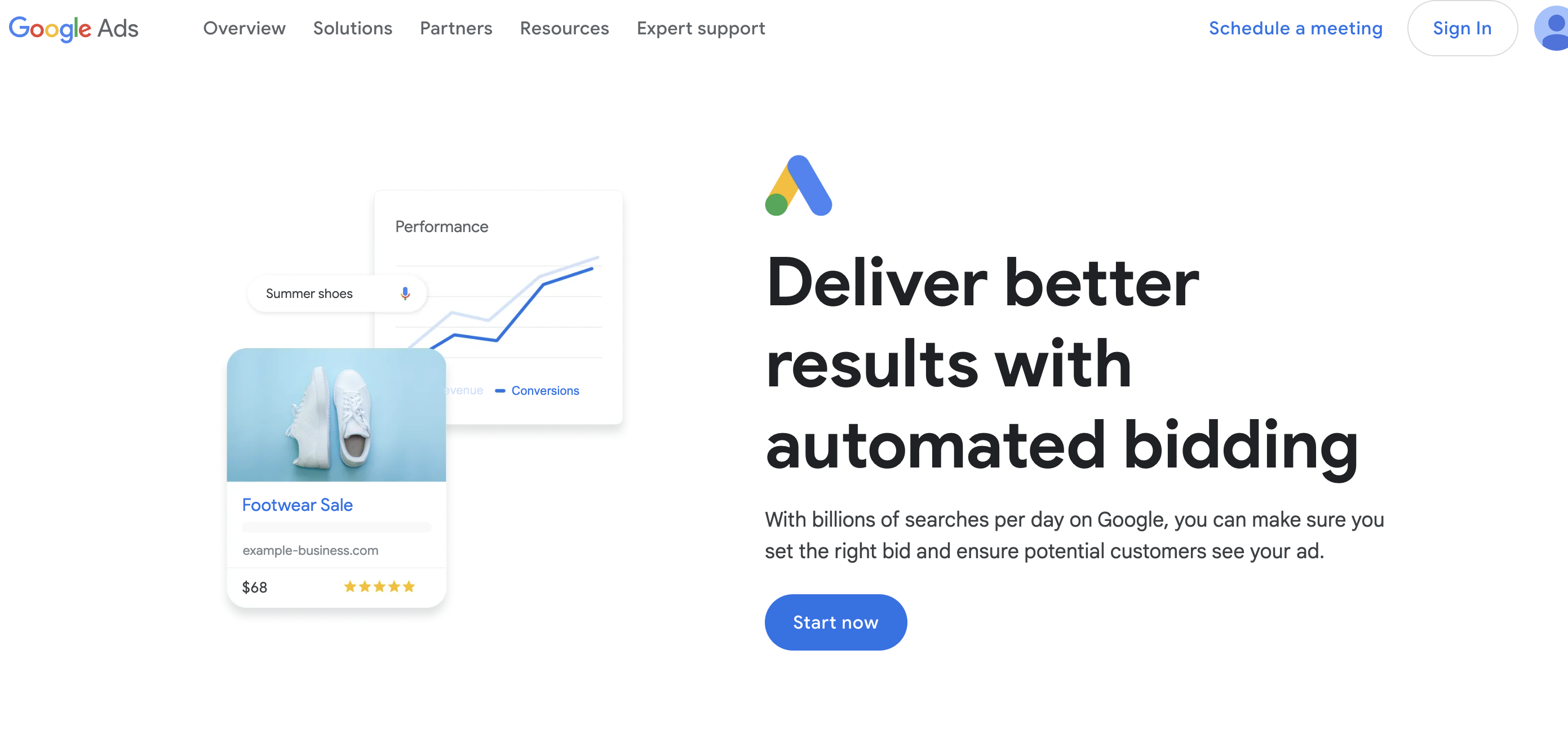
AI dynamic pricing changes prices instantly based on things like how much people want something, what competitors are charging, and the time of the year.
For instance, if a competitor starts a sale, AI might suggest a small price change on similar products to draw in customers who look for good deals.
This approach can help your store stay ahead of the competition, attract new customers, and increase your overall profits.
AI tools like Dynamic Pricing by Omnia enable you to monitor competitor prices and market trends, automatically adjusting your own prices.
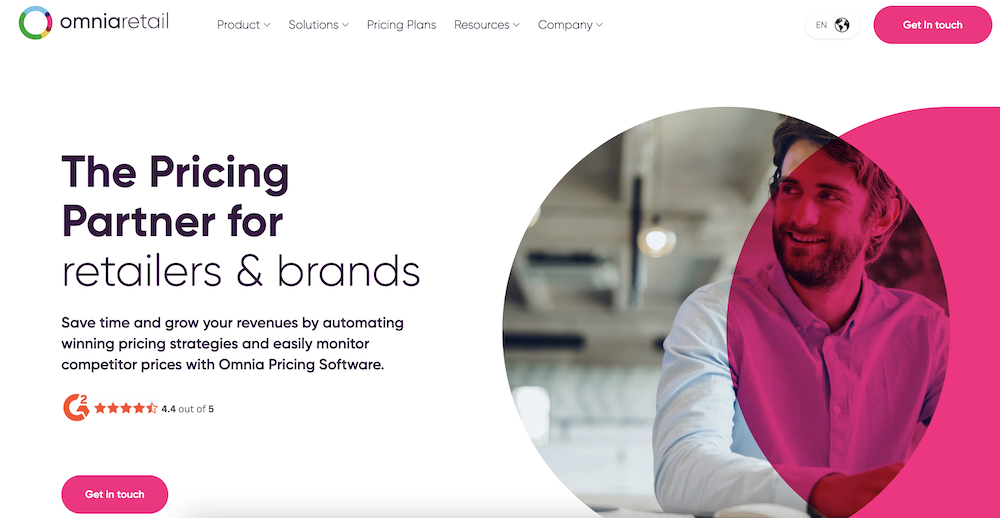
AI-powered predictive analytics helps you understand future fashion trends by looking at changes in what customers like and want.
By seeing what’s currently popular, AI can suggest stocking certain styles, colors, or materials before they become very popular.
For instance, if pastel colors are popular in spring, AI might recommend similar colors for summer collections, helping your store meet customer needs and avoid having overstock.
AI platforms such as Trendalytics help you discover trending apparel by analyzing consumer behavior, social media activity, and online search patterns to pinpoint emerging styles and demand.
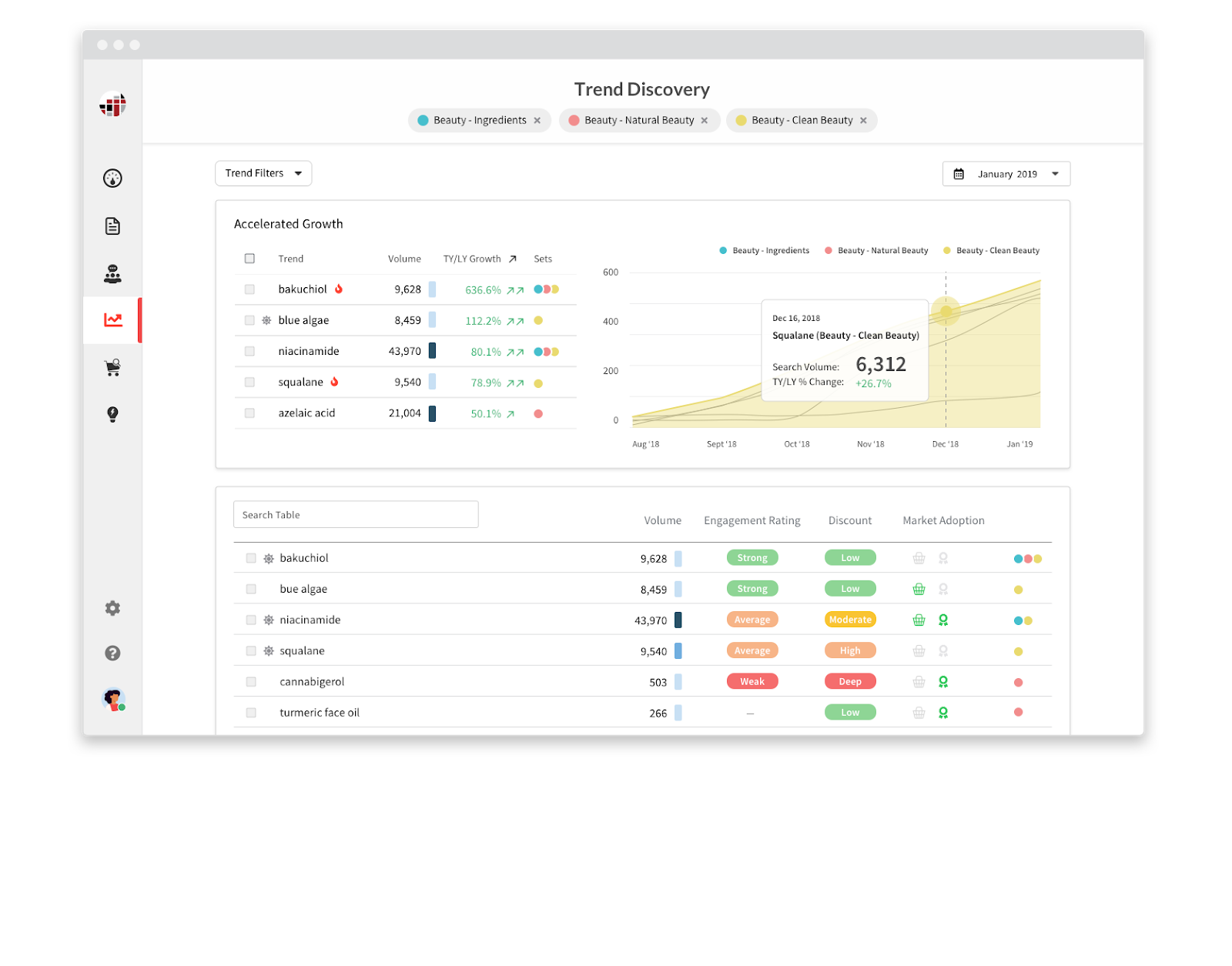
AI can make email marketing better by allowing you to send content that matches what each customer likes.
It looks at what customers bought before, what they looked at online, and even what they like to buy during different times of the year.
This helps you send emails that are more personal with products or deals that each customer will like.
For example, if someone bought winter clothes, you could send an email suggesting accessories or discounts on similar items.
This personal touch makes customers more likely to open emails, click on links, and feel like your store values them.
An example of an AI tool for email marketing is Jacquard, which leverages advanced natural language generation to create compelling subject lines and email copy that resonate with your customers.
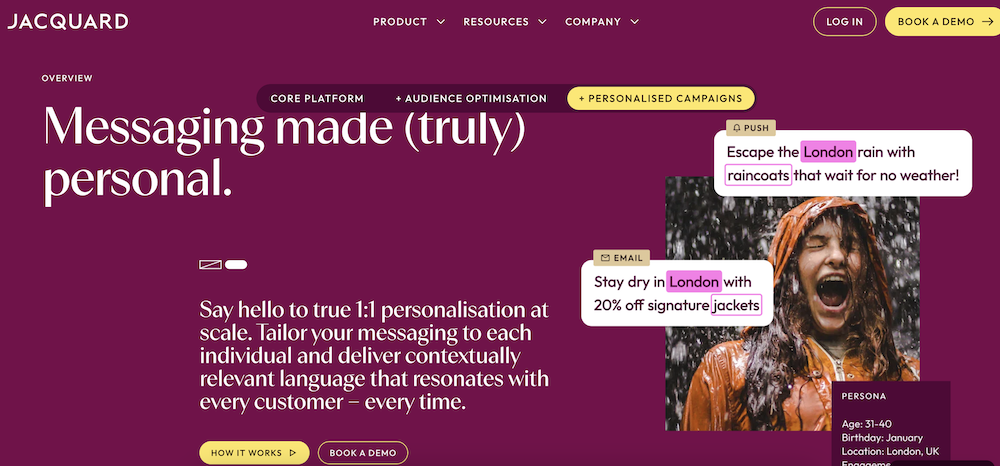
Artificial intelligence (AI) has revolutionized how clothing retailers generate marketing content and sales copy. With the help of AI tools, stores can effortlessly create social media posts, blog topics, product descriptions, email campaigns, and more, eliminating the need for manual effort.
These tools analyze customer behavior, current trends, and industry data to produce content that aligns with the store’s brand. As a result, retailers can maintain fresh and engaging online content without overwhelming their marketing teams.
AI-generated content can swiftly adapt to reflect popular trends or customer preferences.
For example, when a new fashion trend emerges, AI tools can quickly generate posts and product descriptions that highlight items related to that trend, ensuring the store remains relevant and current.
Additionally, AI can enhance content by evaluating past performance, tweaking headlines, and modifying styles to capture customer interest more effectively.
One example of an AI tool for content creation is Jasper AI. This platform helps clothing retailers automatically generate high-quality marketing content, such as blog posts, product descriptions, and social media captions.

AI is transforming feed management by addressing several key challenges retailers face, such as time-consuming product feed updates, data inaccuracies, and inconsistent formatting.
Retailers often struggle with maintaining accurate and up-to-date product feeds across multiple channels, which can lead to missed opportunities and reduced visibility. DataFeedWatch is an example of a tool that leverages AI to automate the optimization of product titles and descriptions, fill in missing attributes like size or color, and ensure products are categorized correctly according to platform standards.
This not only reduces manual work but also minimizes errors, allowing retailers to manage their feeds more efficiently. With AI, retailers can focus on strategy and growth while ensuring their product data is always in top shape for every channel.
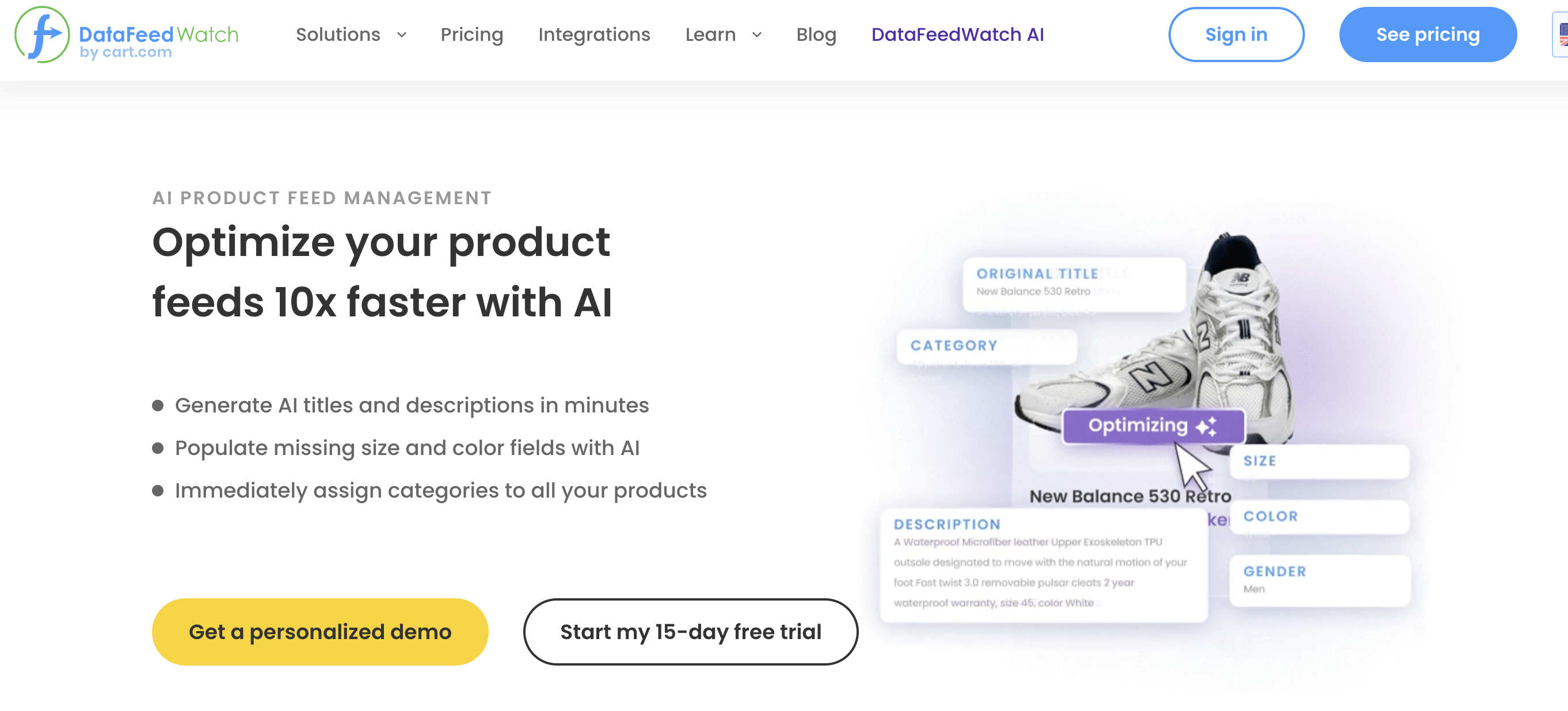
Efficient management of inventory is very important in retail and AI can make this process easier by predicting what stock is needed and doing tasks automatically.
AI looks at past sales, seasonal patterns, and other things like holidays or weather to accurately predict how much stock will be needed. For example, your store might sell more coats in October and AI can make sure enough coats are ordered to avoid running out.
To give you a head start, AI-driven tools like Peak AI’s Inventory AI can help you forecast demand by analyzing past sales, seasonal trends, holidays, and even weather patterns.
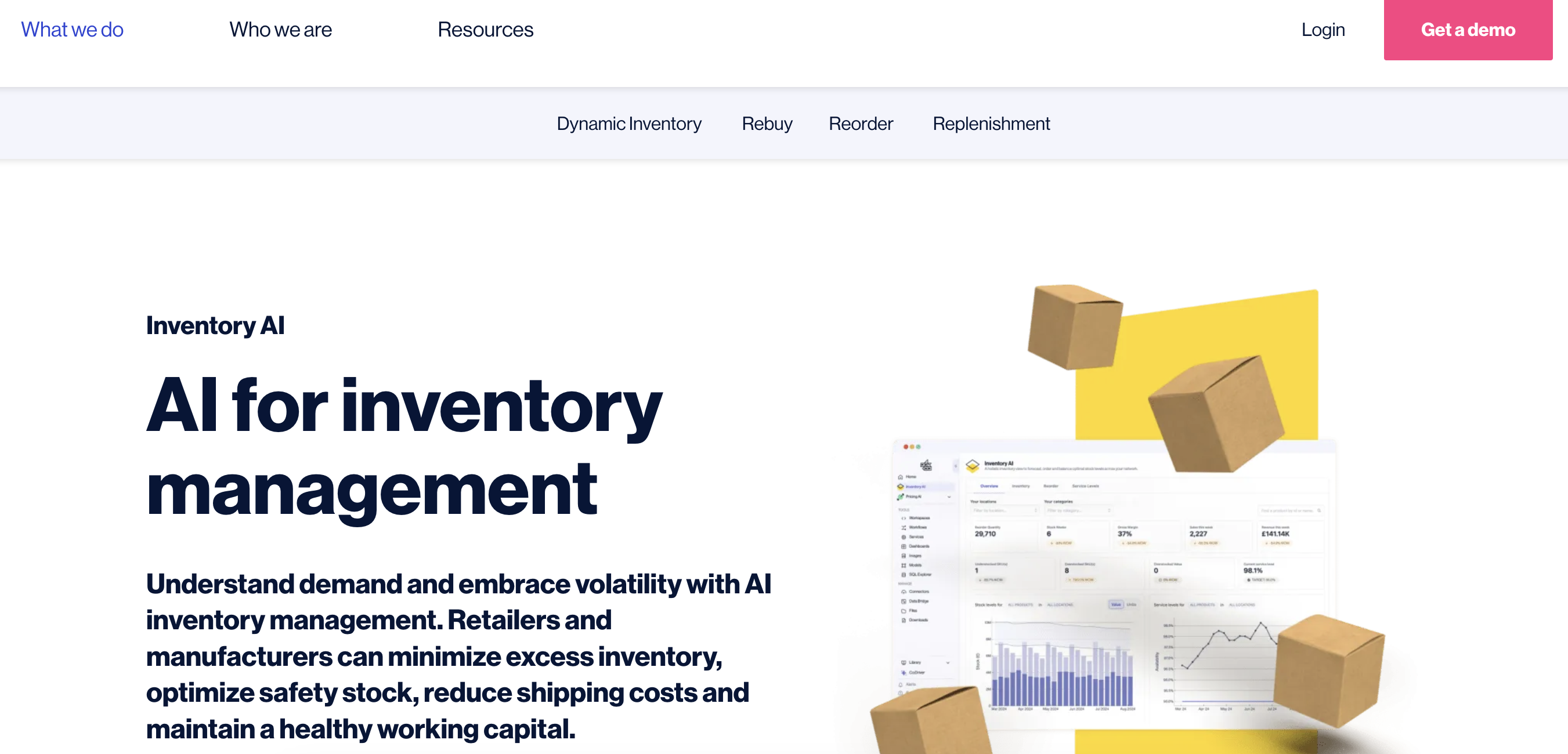
Checking stock levels by hand takes a lot of time and can lead to mistakes. By using AI automatic inventory update, you can control inventory in real-time and the system can ask for more stock on its own.
For instance, if your clothing store is running low on a certain shirt size, the system can tell the store manager to order more from suppliers to keep it in stock.
AI can make the store’s supply chain work better by looking at how well suppliers are doing the best routes for transportation and how long it takes to deliver items. This means that stock is refilled on time and the store runs well. For example, AI might suggest a quicker way to ship items to make delivery faster which helps the store keep up with what customers want.
To give you an idea, Coupa uses AI-driven analytics to forecast demand, improve inventory management, and streamline logistics, helping retailers reduce costs and enhance operational efficiency.
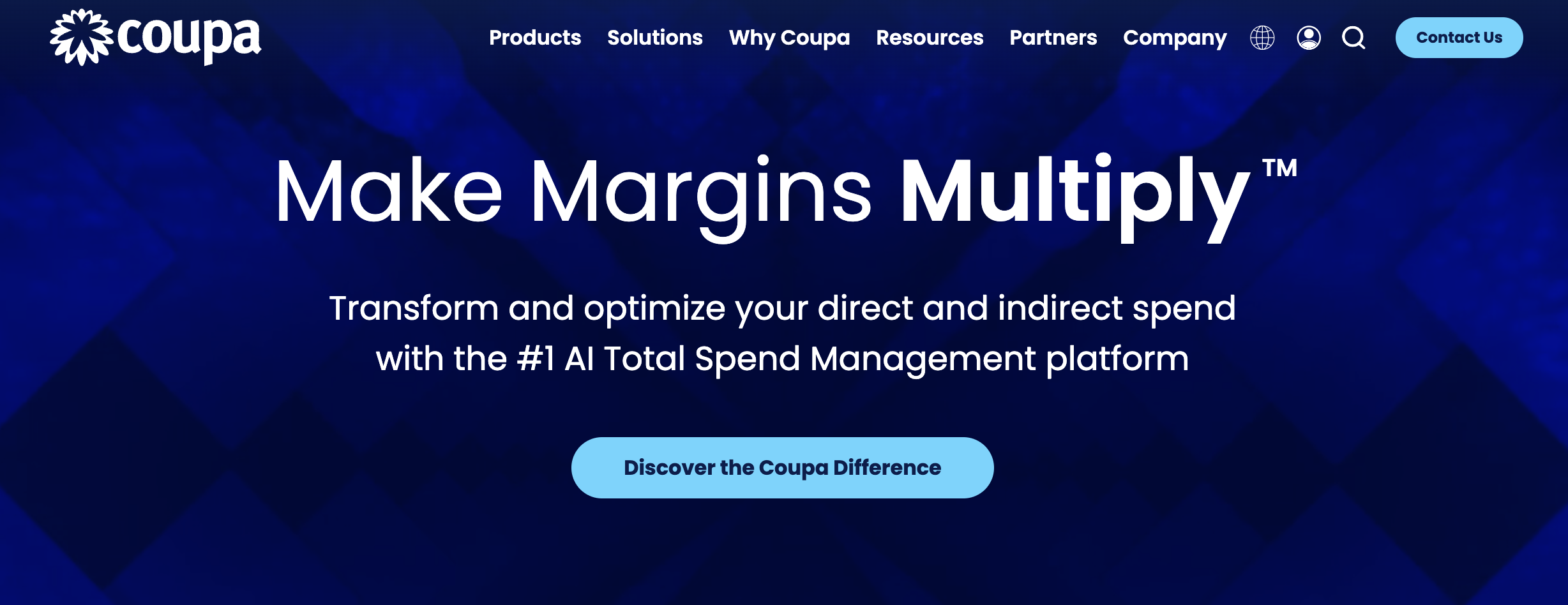
AI technology is rapidly improving, particularly in the retail clothing sector. As AI continues to evolve, the shopping experience will become more personalized, convenient, and seamless.
In the future, AI will be probably able to transform not only the way stores interact with customers but also their internal operations, from inventory management to customer assistance.
AI will likely play a significant role in enhancing the enjoyment of shopping and optimizing store efficiency, leading to greater customer satisfaction and improved business performance.
According to Statista, the global artificial intelligence in the fashion industry was valued at 270 million U.S. dollars in 2018 and it’s projected to grow at a compound annual growth rate of 36.9%, reaching 4.4 billion U.S. dollars by 2027.
Autonomous stores are a new and exciting development in Artificial Intelligence (AI) for retail clothing.
These stores don’t need cashiers and can use AI systems to track what customers pick up and automatically charge them without the need for a traditional checkout.
Big retailers like Amazon are already trying this idea with their Amazon Go stores and it’s likely to become more common in the future.
Read more: Impactful eCommerce AI trends

In addition to physical autonomous stores, virtual stores driven by AI are also becoming popular.
These online shopping environments allow customers to browse try on and buy clothes in a virtual world using AI augmented reality (AR) and virtual reality (VR) technologies.
Tommy Hilfiger is one of the first fashion designers to include real-time AR try-on mirrors in stores.
These changes in shopping could make buying clothes much easier and more fun in the future.
As AI becomes more common in retail clothing, stores will see many benefits in the long run, and some of them are:
The future of AI in retail clothing looks promising and businesses that invest in these technologies now will have a better chance of succeeding in the future.
Artificial intelligence provides many useful tools in the clothing retail business, making things run more smoothly and giving customers a better experience.
With AI, stores can manage their stock better, connect with customers more effectively, and predict what styles will be popular, helping them meet the changing needs of their shoppers.
By looking at lots of data, AI can guess what styles, colors, and materials will be in demand next season.
To demonstrate how all of that has been implemented by clothing retail stores, here are a few real-life examples:
The H&M Group has begun incorporating AI technology into its operations through a partnership with Creator Studio, a clothing printing company. This innovative collaboration allows customers to create their own custom designs using AI-generated graphics.
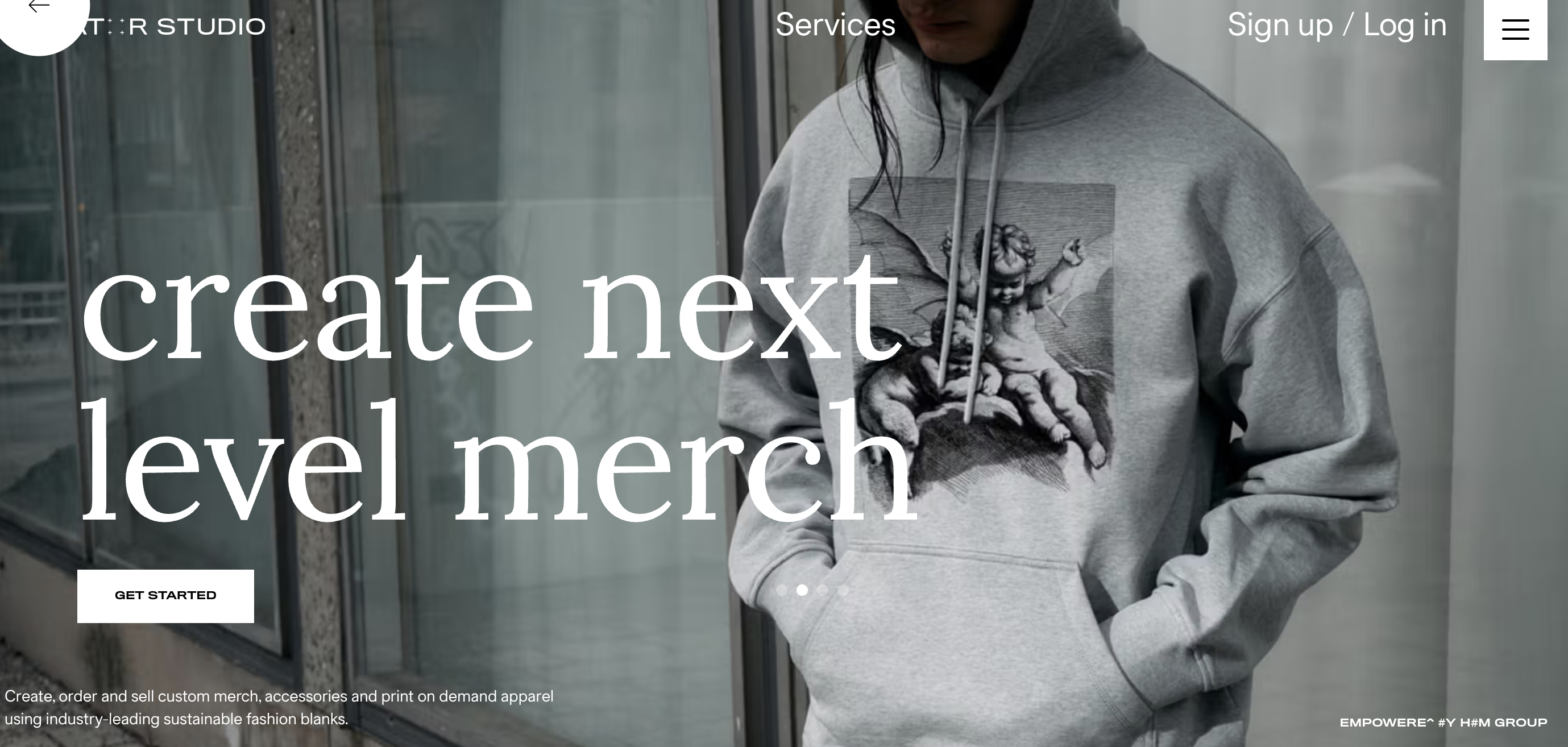
Zara integrates AI to improve customer interactions through personalized shopping recommendations.
Features like “You may also like’’ and “Selection for you’’ use algorithms to analyze browsing history, past purchases, and customer preferences. This allows the brand to suggest items that closely align with individual tastes.
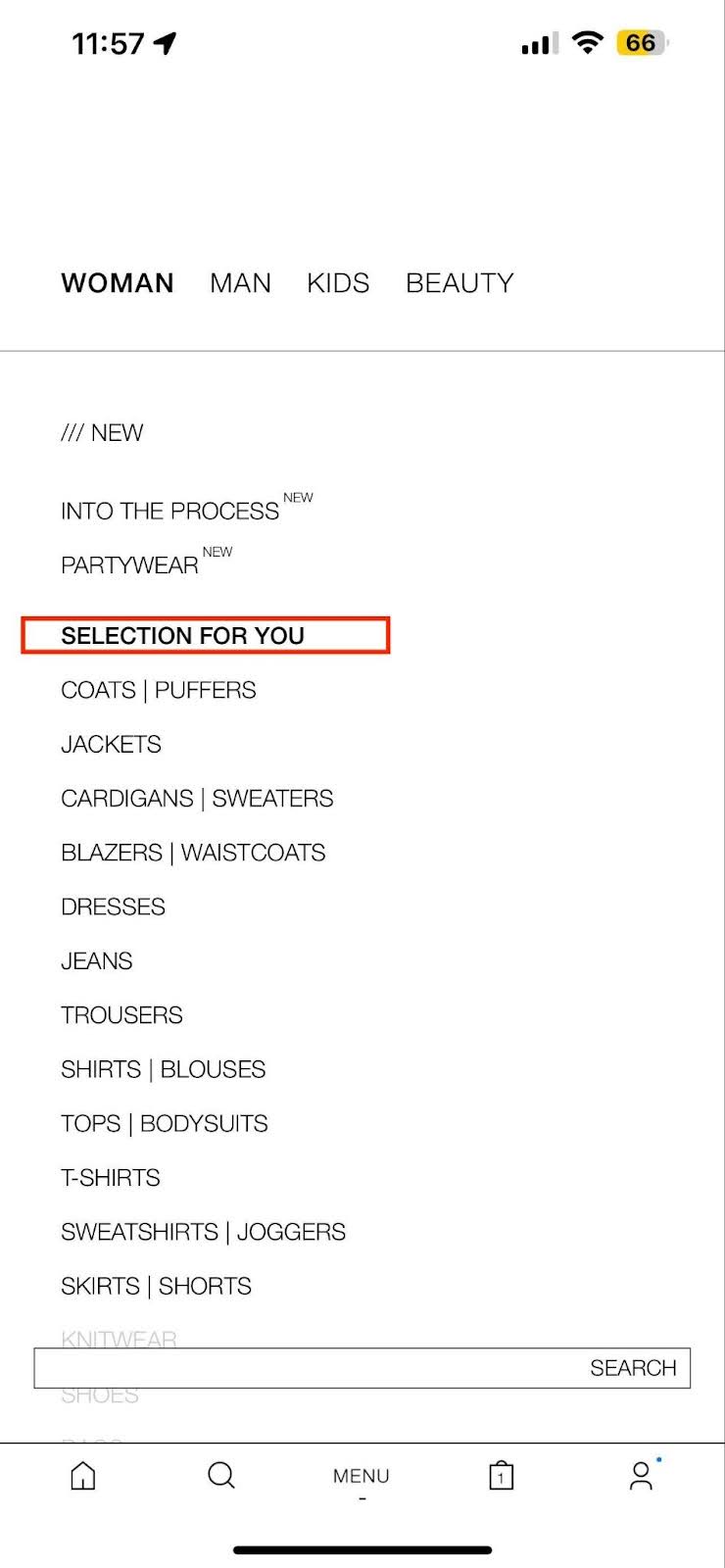
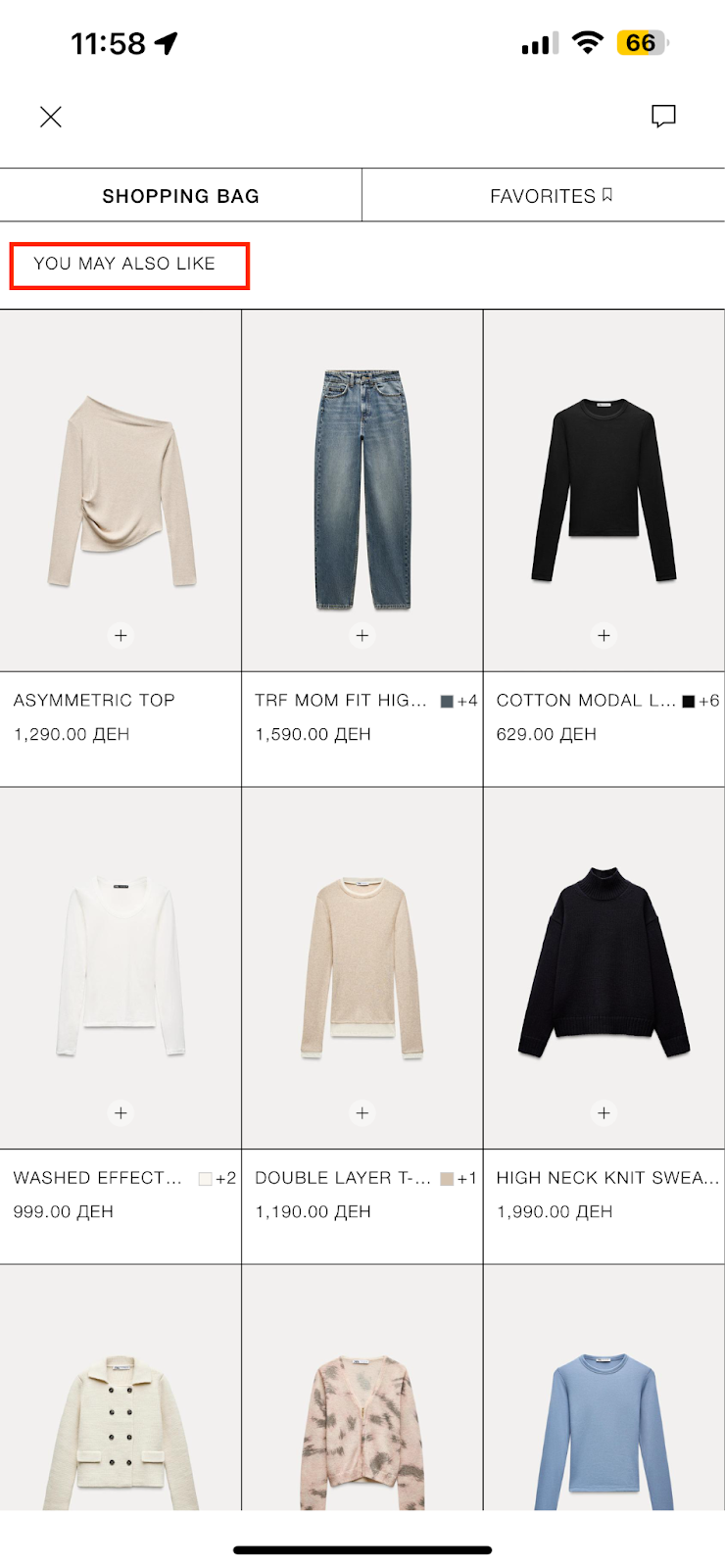
Another great example of real-life AI in retail is ASOS’s Style Match tool.
This feature allows customers to upload photos of clothing they like and instantly find similar items from ASOS’s extensive online catalog. By using image recognition technology, the AI matches the uploaded photos with products in their inventory, providing a seamless and personalized shopping experience.

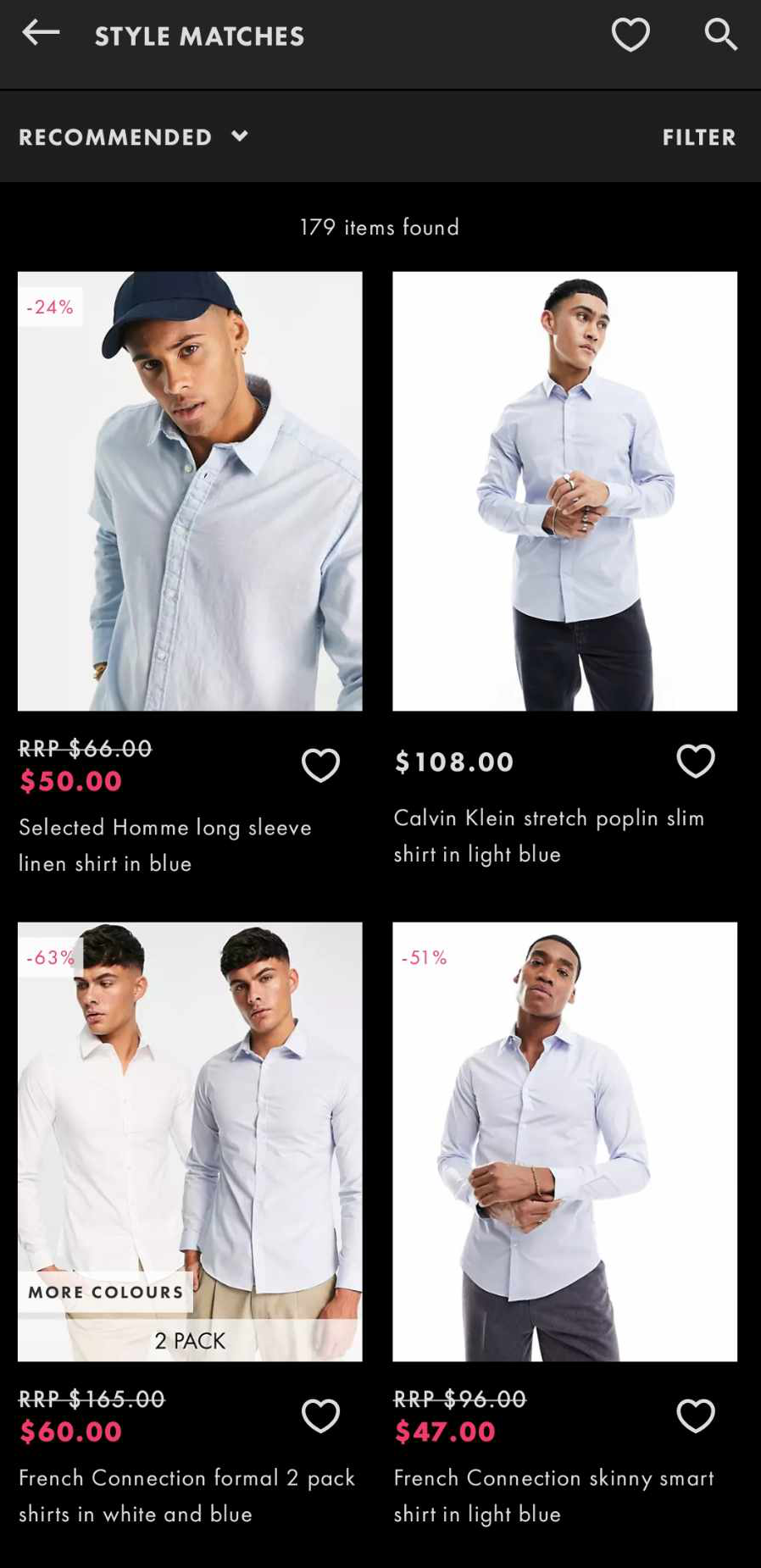
Using AI in your clothing retail business has many benefits, like better customer service and smarter inventory management. But it’s important to start with small, easy changes.
You can begin by using an AI chatbot to answer customer questions, or by using AI for predicting demand to better manage stock.
As AI keeps improving, retailers who start using its features early will have an advantage, helping them grow, adapt, and stay competitive.
By making small changes now, clothing businesses can get ready for a future where AI will likely be a key part of retail.
What is dropshipping?